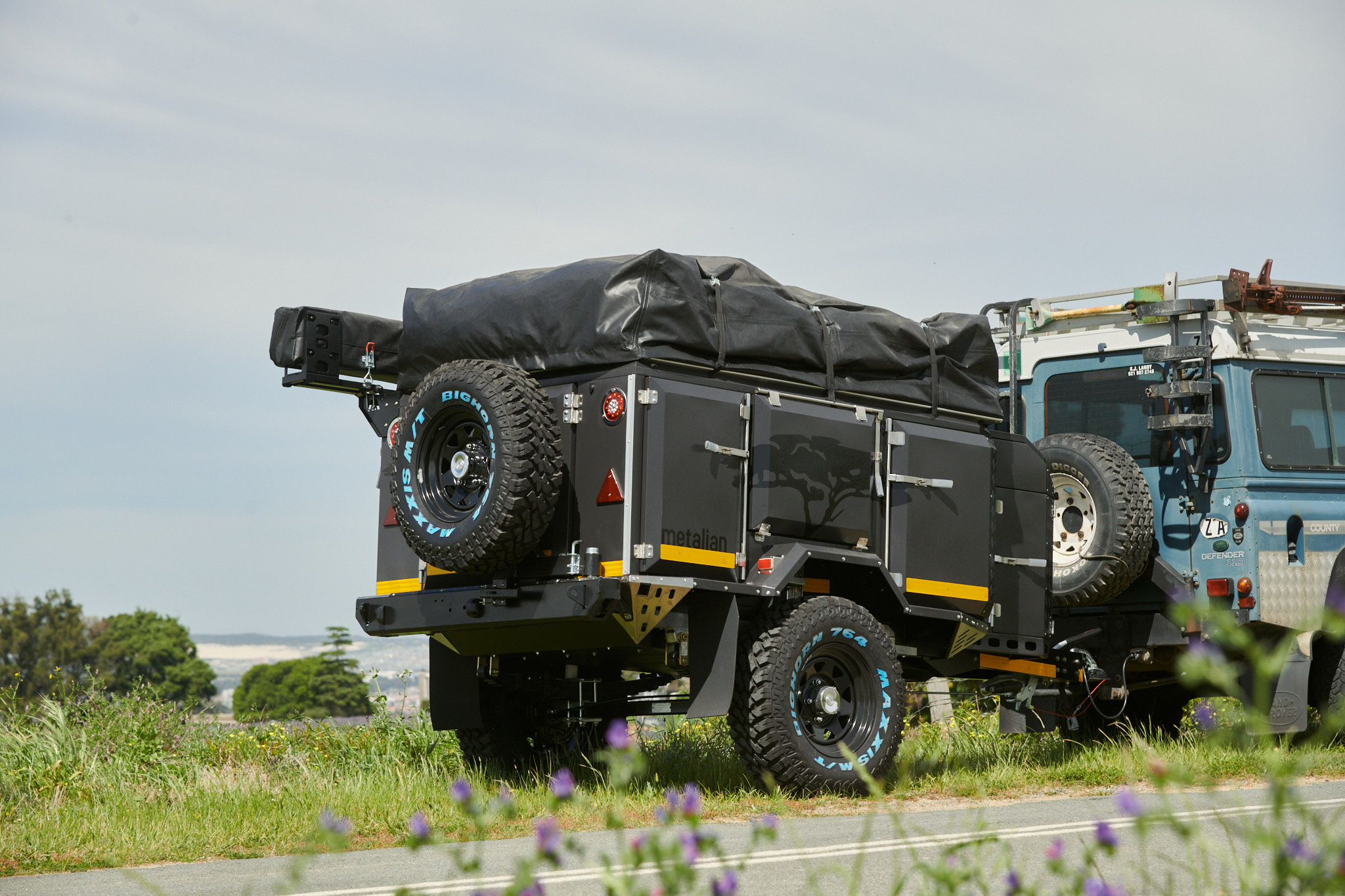I was recently introduced to the Metalian trailer via an enthusiastic email from a gentleman named Christoff, who is passionate about overland travel and the Metalian brand. After some research, it was easy to see why this trailer inspires such dedication from those who own and travel with them. Metalian, a family-owned business based in Cape Town, South Africa, has built a reputation for manufacturing robust off-road trailers since its launch in 2010. Founded by Heinz Modricky and now run alongside his son Sky Modricky, the company has sold over 1,000 trailers across Africa, the Middle East, Europe, and Australia. These trailers have earned a loyal following among adventurers (whether solo, couples, or small families) who seek reliability and comfort on journeys to remote locations worldwide, from Africa’s rugged landscapes to the icy Arctic and from Cape Horn to Cape York. Heinz Modricky is a man who loves his product and stands behind it, as evidenced by numerous online forum posts where Heinz is always available to offer advice and support the Metalian community. How many manufacturers can boast the same level of accessibility and support? Too few.
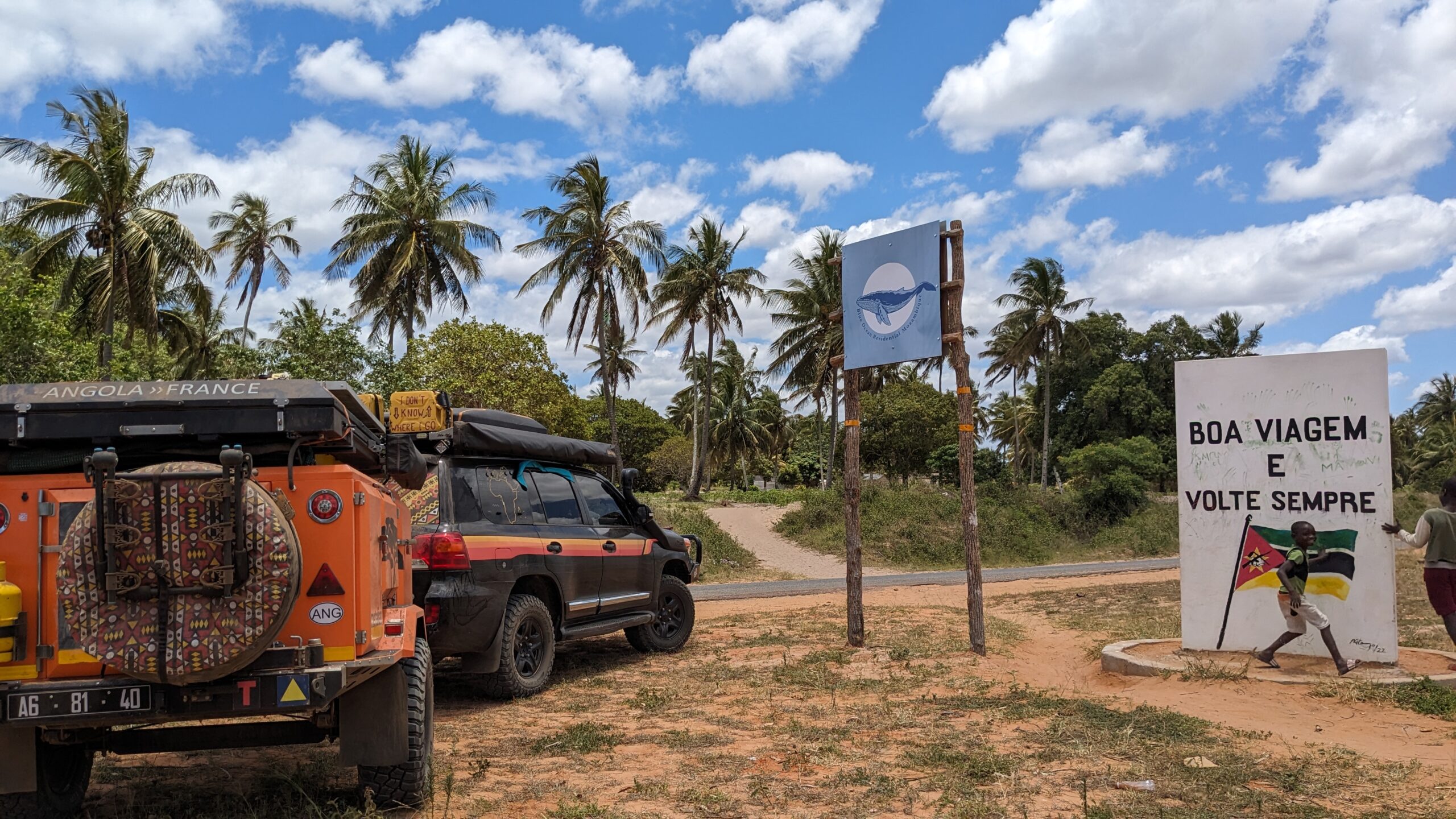
Ultimately, the key to Metalian’s success lies in its trailer design and construction. Unlike most off-road trailers, the company’s products are true monocoque builds, meaning they have no chassis. The entire structure is built from a single body of 3CR12 stainless steel, a material originally developed for the South African mining industry due to its strength, flexibility, and resistance to corrosion. By mainly using 1-millimeter (18-gauge) 3CR12 steel and only reinforcing where necessary, Metalian keeps the trailer’s weight low without sacrificing durability. The empty trailer weighs under 1,100 pounds; fully loaded with standard accessories—including a tent, awning, electrics with a 100 amp-hour battery, water tanks, stove, gas, fridge, and drawers—it weighs around 2,000 pounds.
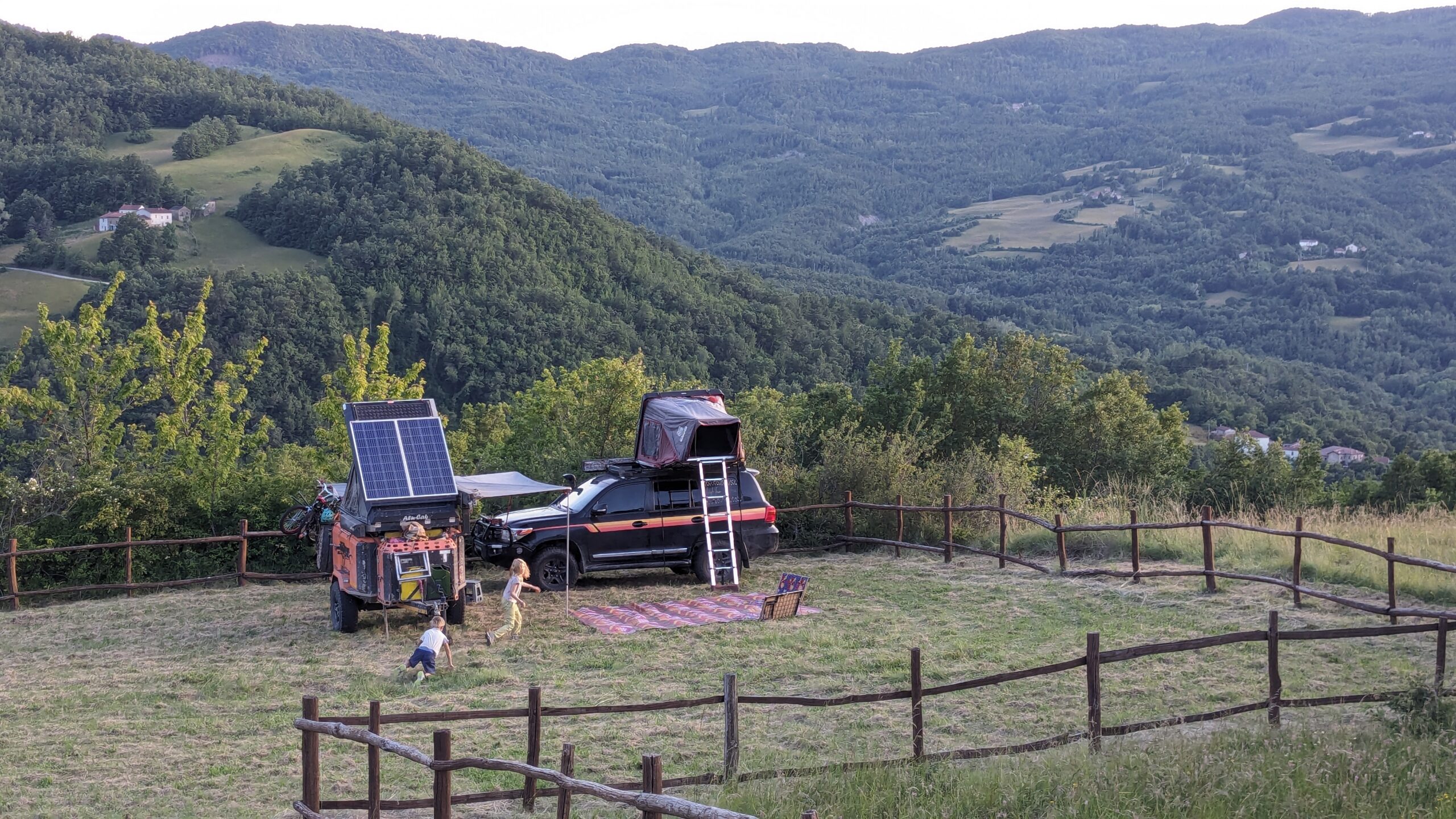
Metalian trailers come equipped with an array of features designed for comfort and functionality in harsh environments. The standard water system includes two food-grade tanks with a combined capacity of 140 liters (37 gallons), providing pressurized water for cooking and cleaning. While the electrical system typically includes Wolmacor or Victron components, Metalian can accommodate custom setups depending on the owner’s preferences. The built-in stove, gas supply, fridge, and hot water heater come standard, while additional accessories, such as air-conditioning or heating systems, can be fitted upon request, though the factory has yet to include these in their standard offerings.
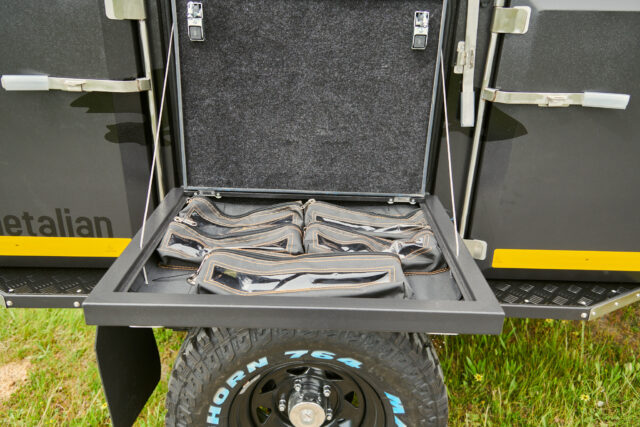


Storage and space utilization are key considerations in Metalian’s design philosophy. Every door in the trailer is deep-paneled, featuring canvas caddies for extra packing space. Drop-down doors double as work surfaces with stainless-steel tops and provide access to additional storage compartments. The thoughtful use of space extends to the table, which is stowed under the roof in a dedicated tray that locks securely into place. The drawers, another notable feature, are equipped with slide locks for stationary use, and Metalian has added a stronger bracket for travel, preventing the drawers from shifting during rough journeys. The doors close with Metalian’s unique locking bars, which allow for a single-handle operation while securing multiple hold-down paddles. For extra security, the handle can be locked with a padlock.
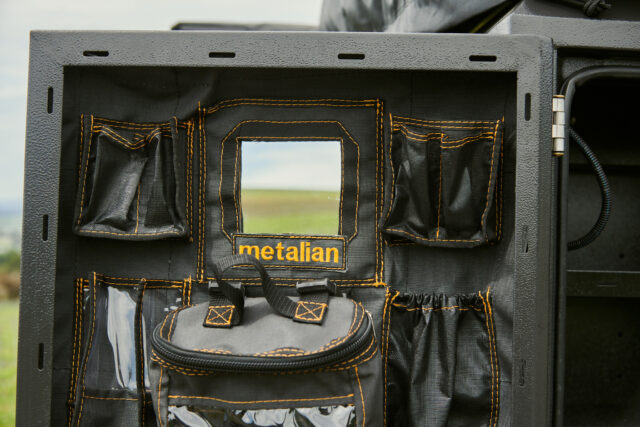

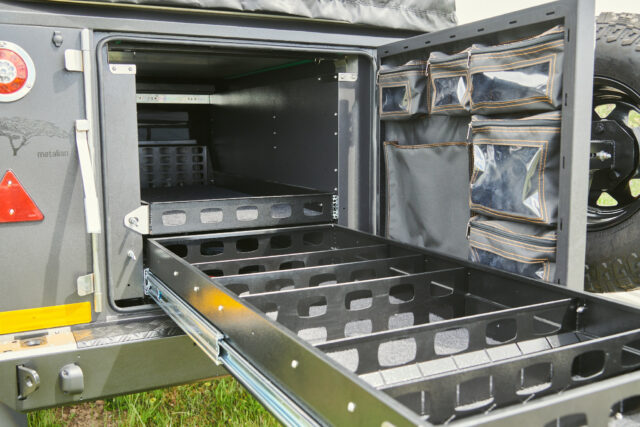
One of Metalian’s standout features is its suspension system. The trailers use a fixed beam with a 60-millimeter wide leaf spring pack, which is split into regular working load blades and additional overload blades. Vertical shock absorbers on either side add to the durability, making this setup highly reliable. Heinz Modricky has strong opinions against using independent suspensions, arguing that they compromise trailer stability and increase the risk of rollovers, a danger that Metalian trailers have successfully avoided. According to Modricky, limiting suspension travel to 80 millimeters is crucial in maintaining safety in all conditions. While independent trailing arms are popular in some markets, he remains firm in his belief that they are a disservice to off-road trailers.
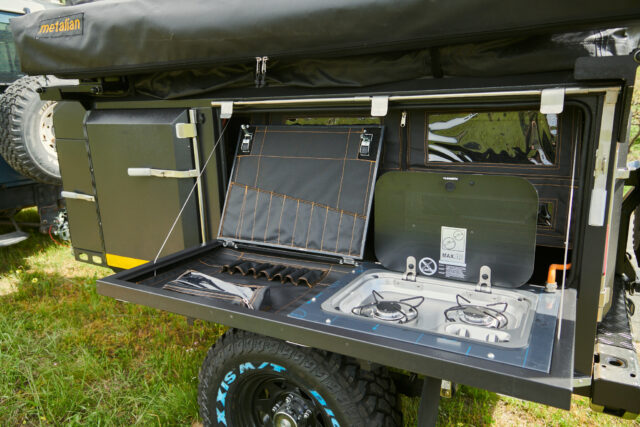

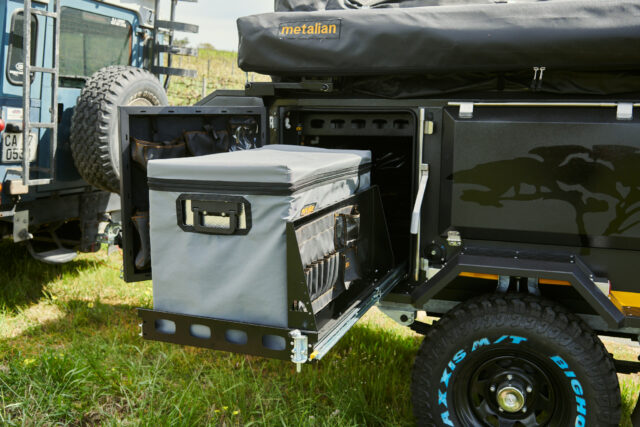
Like much of Europe, South Africa mandates the use of run-in brakes due to local regulations, and Metalian trailers are fitted with these brakes as standard. While electric brakes are an option in other markets, such as Australia, Modricky sees value in run-in brakes, believing they are often dismissed too easily in favor of electric systems. Similarly, the trailers come with standard ball hitch couplers, though Metalian offers Do35 hitches and electric brakes for their Australian customers.
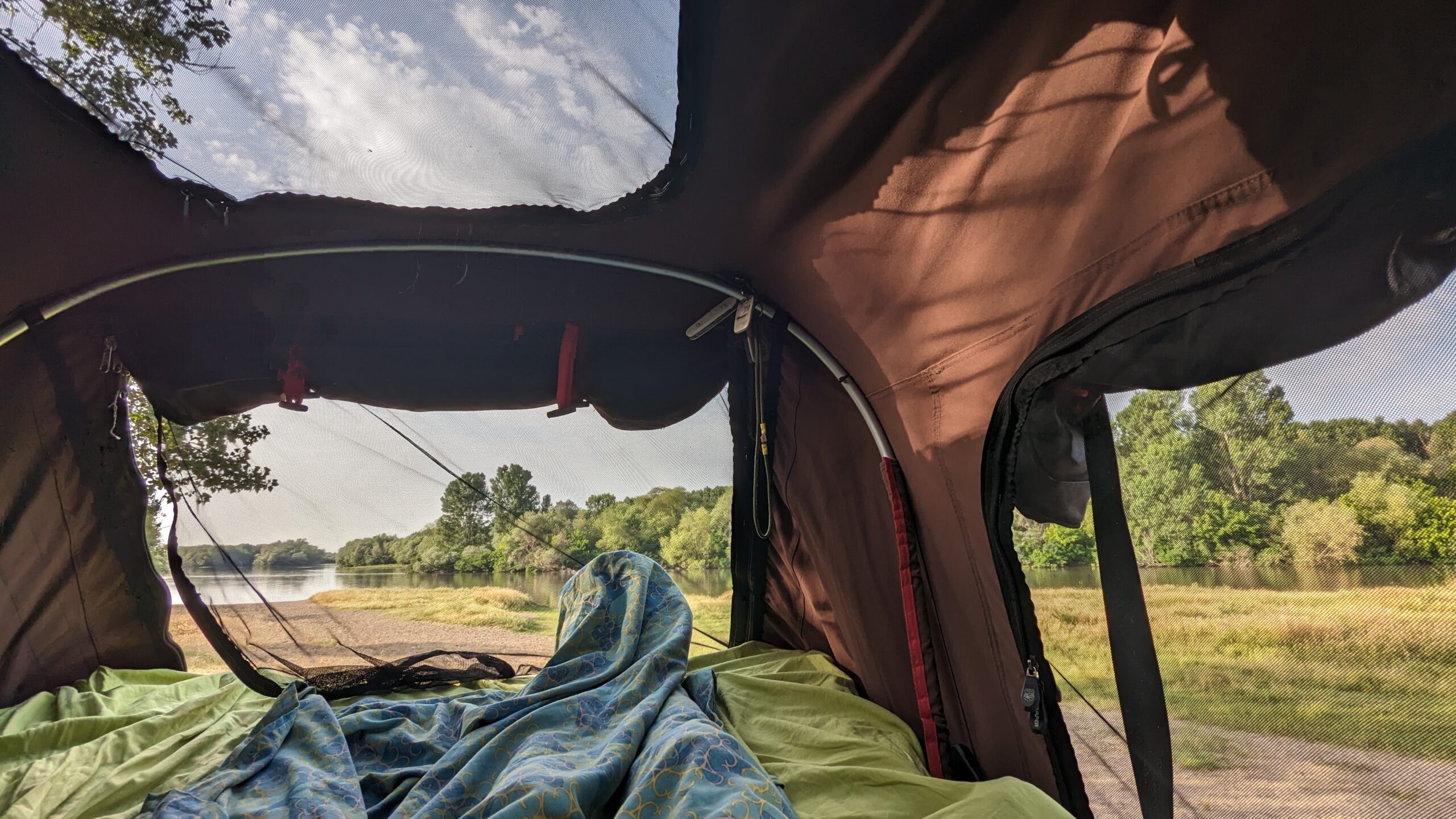
Metalian’s attention to detail extends to its in-house canvas division, which produces both soft-shell and hard-shell tents designed to withstand the elements. The tents feature durable polycotton ripstop fabric from Riptech, along with high-quality components such as YKK zippers and genuine Velcro. The modular design allows users to set up only the sleeping area if they prefer, with the option to expand by adding an annex, awnings, or sidewalls. This flexibility ensures that owners can tailor their setup to their specific needs, whether they are embarking on a solo trip or traveling with family.
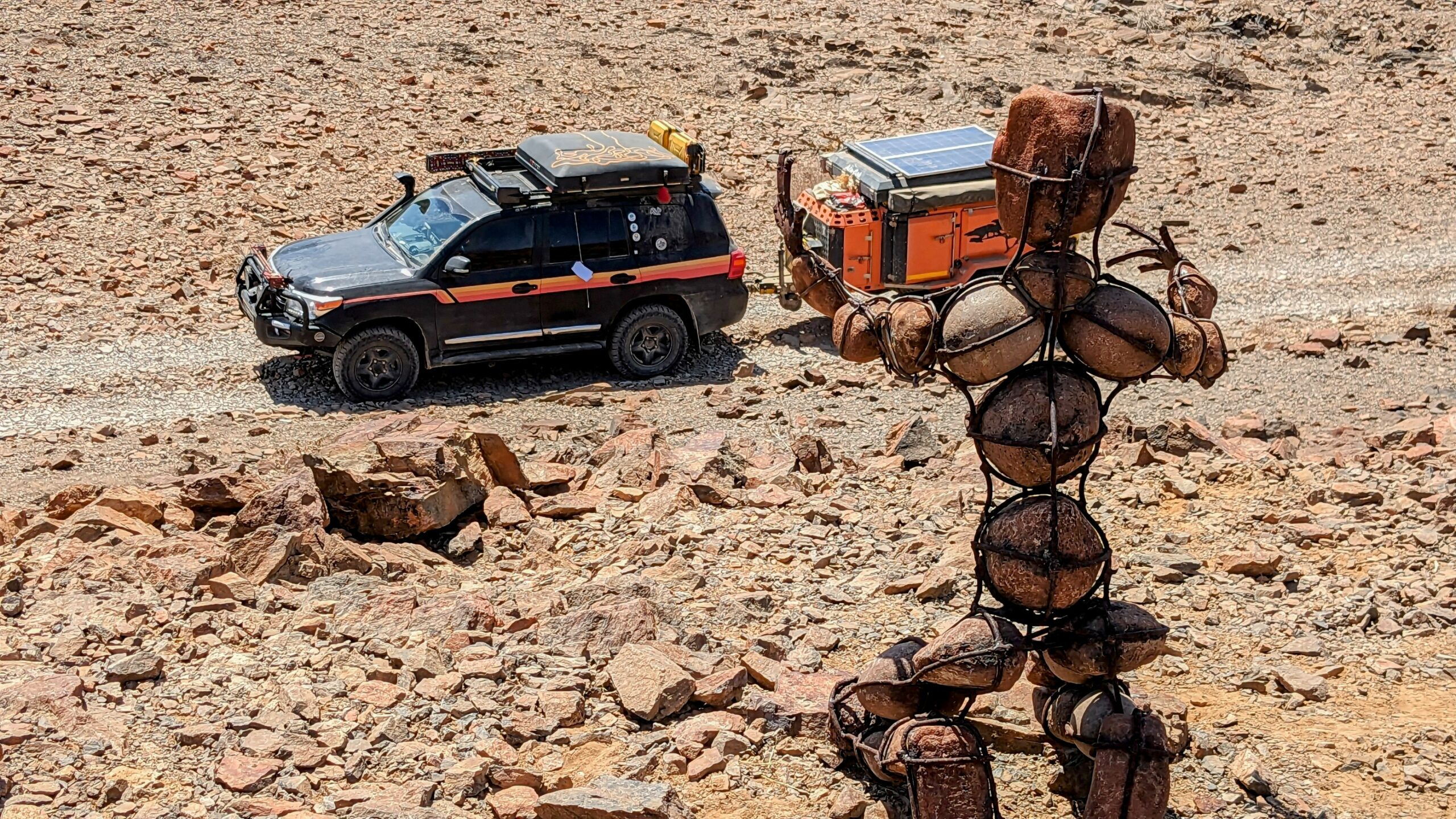
In terms of durability and practicality, Metalian trailers are built to handle the rigors of long-distance, off-grid travel. As mentioned previously, customers have taken their Metalian trailers across continents and through some of the world’s most remote regions, confident in the trailer’s ability to withstand extreme conditions and rough terrain. The company’s commitment to high-quality materials, thoughtful design, and robust construction has earned it a reputation for producing trailers that are as comfortable as they are reliable.
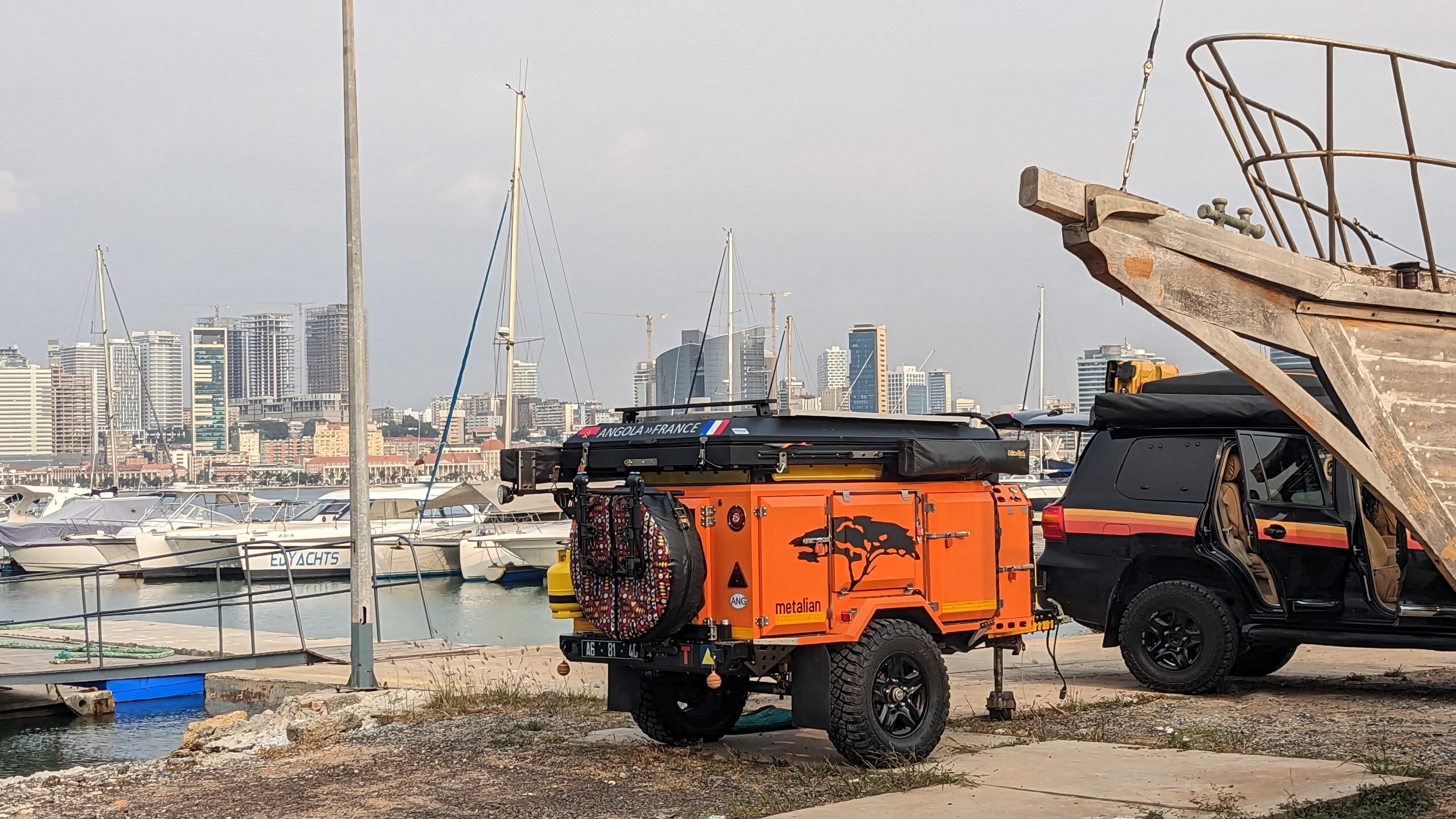
Since launching the first Metalian Maxi in 2010, the company expanded its lineup with models like the Bowhunter, Parthian, and Genie, and started manufacturing aluminum canopies. Their trailers are sold globally, with partners in Australia and Switzerland for the European market.
Unfortunately, the Metalian range is not yet available in the United States, but the Modrickys are certainly interested in expanding into this market. Hopefully, this article will help them find a US-based distributor so that we, too, can experience some of that Metalian magic.
Images credited to Metalian and HighFiveAfrica
Read More: SUV, Van and Pick-Up Camping Conversion Kits :: Buyers Guide
Our No Compromise Clause: We do not accept advertorial content or allow advertising to influence our coverage, and our contributors are guaranteed editorial independence. Overland International may earn a small commission from affiliate links included in this article. We appreciate your support


